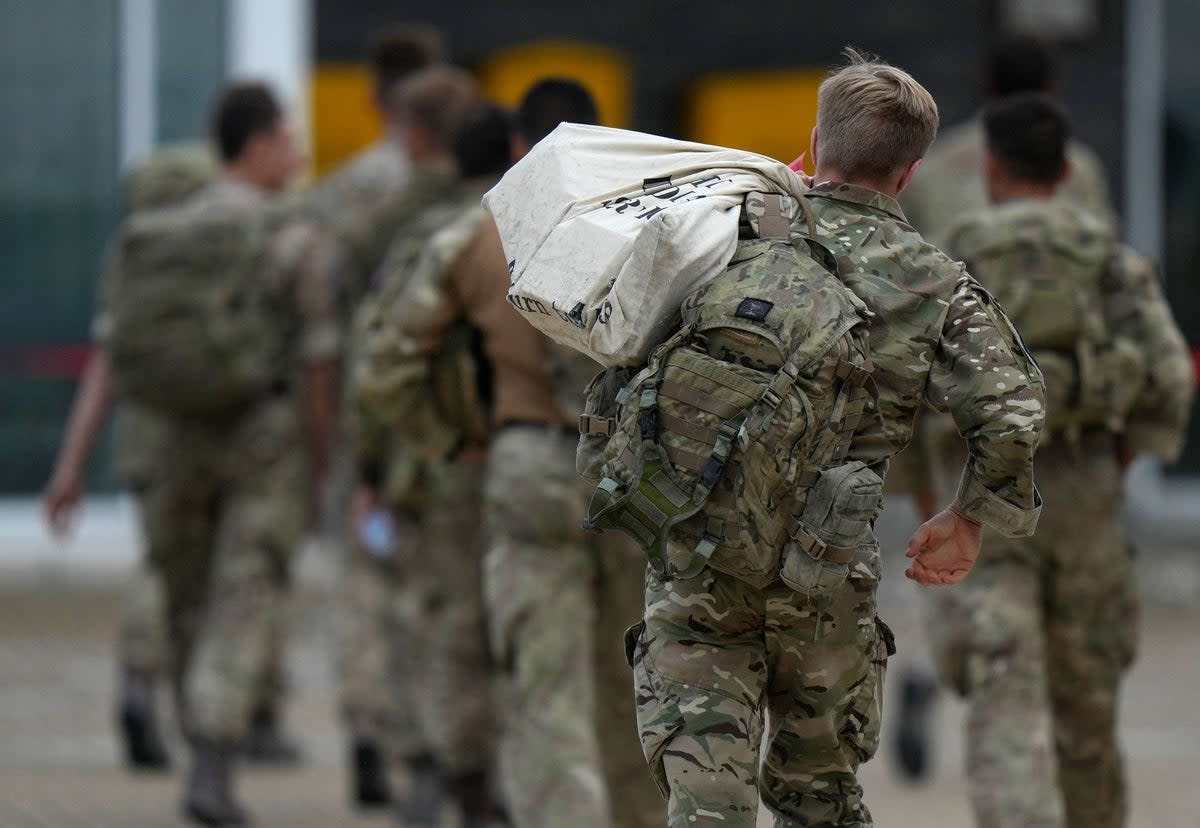OPINION - Defence spending promised post-election, but in reality armed forces face cuts

Though the leading parties have pledged in the last hours of the election campaign more spending on defence, the armed services are facing a different reality. They have been asked to look at ‘efficiency savings’ of up to £1 billion in the current year – cuts in other words.
“It takes up to two years at least to bring in such measures,” says Francis Tusa, the respected independent analyst and publisher of Defence Analysis. “If you bring in such a tight deadline, it’s just a bank robbery.”
Rob Johnson, the Oxford academic and former soldier, who headed up the MoD’s Net Assessment Department, declared this week that the forces “cannot defend the British homelands properly.”
He said the forces are unprepared for “a conflict of any scale.” Ammunition stocks and key weapons systems have been run down.
The biggest savings have been requested from the Army. “It’s the easiest thing to do, because the Army has the largest number of unsecured programmes, for which contracts haven’t been signed and sealed,” says Francis Tusa. “They are looking to shift the money to nail down contracts on long term ship building and aircraft programmes for the Navy and RAF.”
The Conservative election manifesto have pledged to raise defence expenditure to 2.5 per cent of GDP over the next parliament. Labour has also promised increases, but only as the circumstances permit. Both are pledged to to give £3 billion a year to Ukraine as long as the war lasts. This will come largely from the defence budget.
The shadow defence secretary for Labour, John Healey, has promised a strategic and defence review within a year, if his party wins the election. In that case he will become defence secretary and will have much to do, given the parlous state of much of the defence apparatus and forces. There is a widely acknowledged need for reform of the Ministry of Defence, regarded as overmanned in comparison to the very lean armed services themselves.
Troubled programmes like the overdue and hugley expensive Ajax medium tank – still not fully operational after 15 years and at a cost over £3billion – are facing cancellation yet again.
The biggest challenge for the new government comes less than a week after the election. The new prime minister and defence secretary go to the major Nato summit in Washington on Monday. Britain is sure to be asked to do more, rather than the less implied in its self-imposed cuts – as the alliance is now troubled with turmoil in the leadership of two of its major powers, America and France. It also faces a greater range of threats, starting with a neo-war with Russia across eastern Europe and the Mediterranean, a widening war in Gaza and the Lebanon border, and more sophisticated attacks by the Houthis in the Red and Arabian seas.


